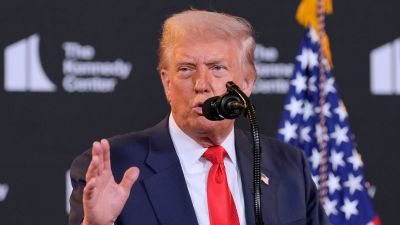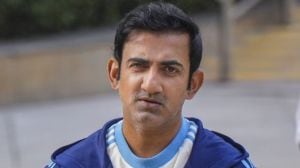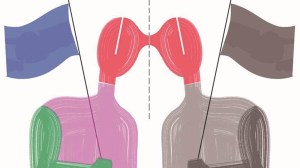Delhi court convicts 4 for 2008 murder of journalist Soumya Vishwanathan
Soumya Vishwanathan was found dead on Nelson Mandela Marg in South Delhi on September 30, 2008.
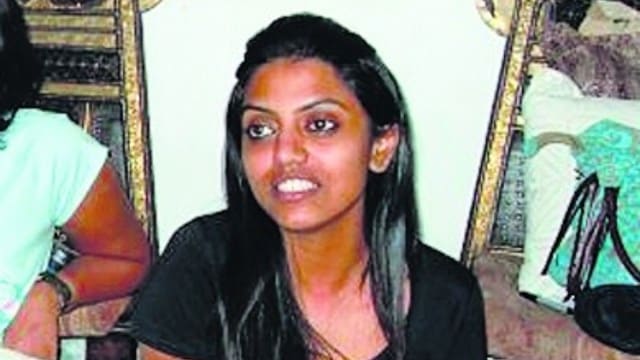 Fifteen years ago, on September 30, 2008, Soumya Vishwanathan, a 25-year-old journalist working with India Today, was found dead in her car on Nelson Mandela Marg in South Delhi.
Fifteen years ago, on September 30, 2008, Soumya Vishwanathan, a 25-year-old journalist working with India Today, was found dead in her car on Nelson Mandela Marg in South Delhi. Fifteen years after 25-year-old journalist Soumya Vishwanathan was killed, a Delhi court Wednesday held four men guilty of murder and offences under the Maharashtra Control of Organised Crime Act (MCOCA). In this period, over 300 hearings were held and 97 witnesses were examined.
On September 30, 2008, Vishwanathan, who was working with India Today, was found dead in her car on Nelson Mandela Marg in South Delhi. A breakthrough came in 2009 during the investigation into the murder of BPO employee Jigisha Ghosh when one of the accused confessed to also being involved in Vishwanathan’s murder.
The court of Additional Sessions Judge Ravindra Kumar Pandey has now held the accused — Ravi Kapoor, Amit Shukla, Baljeet Malik, and Ajay Kumar — guilty of murder and committing organised crime resulting in the death of a person under the MCOCA, while a fifth man, Ajay Sethi, was convicted for receiving stolen property and conspiring to abet, aid in, or knowingly facilitate organised crime under the MCOCA. The court will announce the quantum of sentence next week.
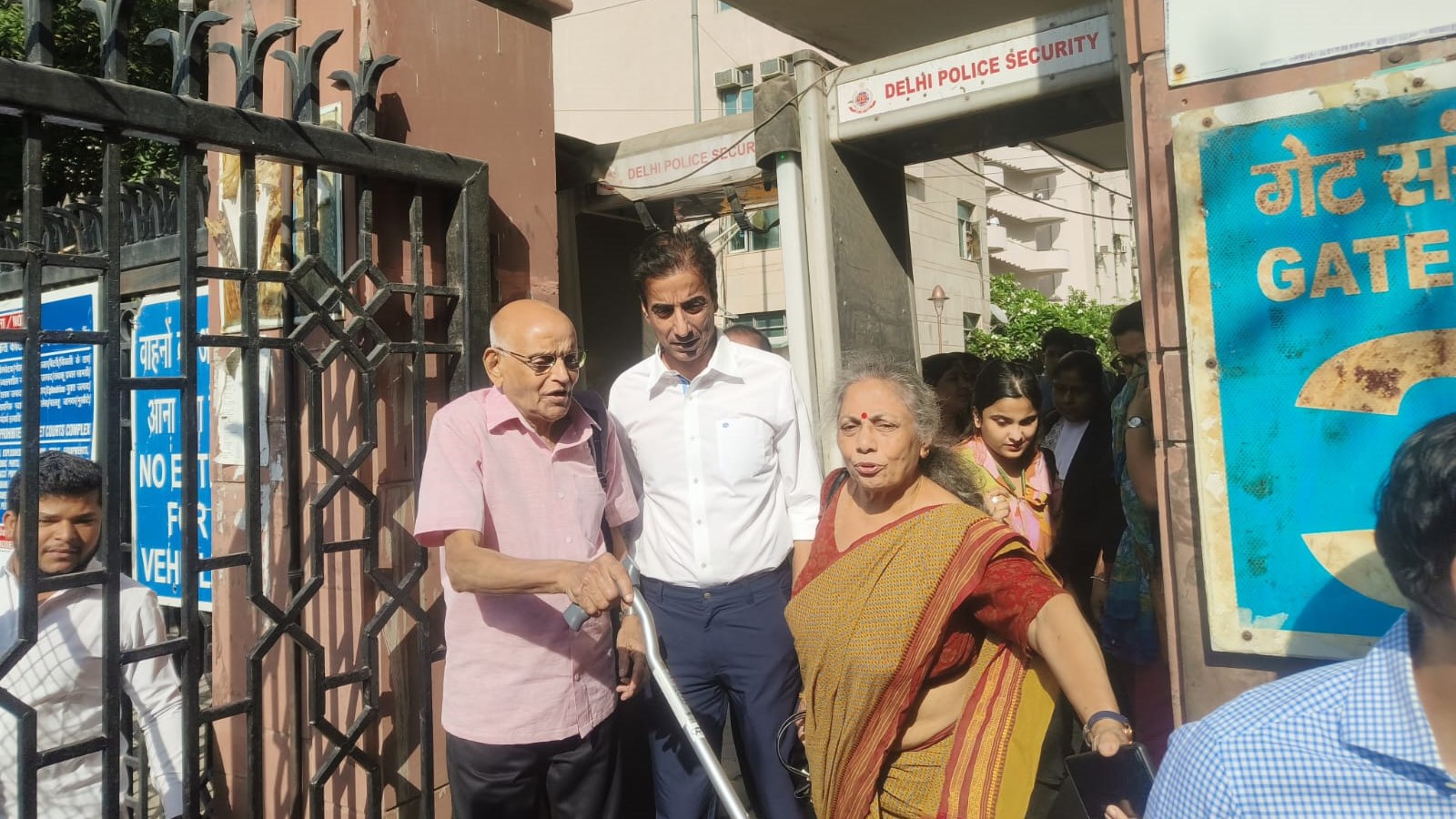 Parents of Soumya Viswanathan on the day of the verdict.
Parents of Soumya Viswanathan on the day of the verdict.
The court held that the prosecution relied on circumstantial evidence, scientific analysis, and eyewitness accounts to corroborate accused Kapoor’s confessional statement. It also observed that the prosecution successfully demonstrated recovery of a key piece of evidence — a WagonR, which hit Soumya’s Zen from the left — from Sethi.
The court also held reliable Kapoor’s confessional statement, recorded by then DCP Southeast during trial, which was crucial in proving that he led the organised crime syndicate and that other accused were its members.
The defence had argued that the confessional statement was obtained under police pressure and that it lacked Kapoor’s signature on two pages. The prosecution, however, argued that the statement is admissible under the MCOCA, and was made voluntarily and with all legal procedures. The court held the defence’s arguments untenable.
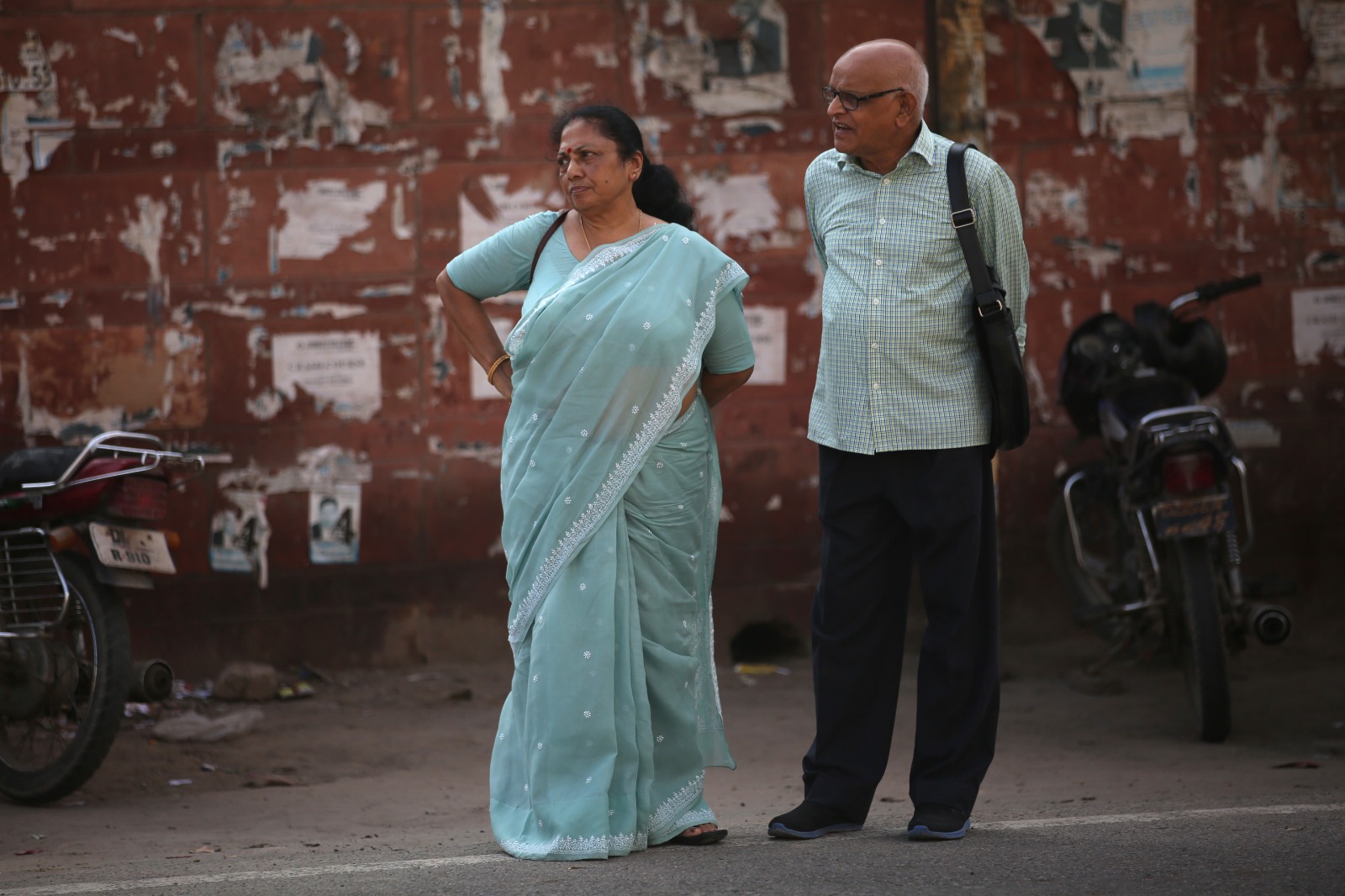 File image of Soumya Vishwanathan’s parents outside Saket court in 2016. (Express Photo by Tashi Tobgyal)
File image of Soumya Vishwanathan’s parents outside Saket court in 2016. (Express Photo by Tashi Tobgyal)
To support its case, the prosecution also presented the testimony of ACP Mohd. Ali, who established that Kapoor was leading the organised syndicate and that the other accused had many criminal cases against them. The prosecution had also presented evidence — recovery of one country-made pistol along with three live cartridges and one used cartridge. The court held all this evidence as valid.
The court also relied on scientific evidence provided by the FSL which, according to them, corroborated Kapoor’s statement in which he stated that he fired at the victim from his pistol while driving in his WagonR. The court also held that the FSL corroborated the admission of Kapoor that when the bullet hit the victim, her vehicle lost balance and created skid marks on the road. It further noted that the prosecution also relied on the testimony of Inspector Rajeev Kumar and ASI Shree Kumar, who collected certified copies of criminal cases against Kapoor.
In the court’s opinion, the prosecution also duly proved through the testimony of witness Abhishek Pathak, who was the brother-in-law of the accused Amit Shukla, that in the month of September-October 2008, the WagonR was being used by Shukla.
The defence argued that circumstantial evidence was incomplete and failed to establish a link between the accused and the victim’s death. However, the court held the prosecution had successfully demonstrated that the accused depended on the proceeds of the organised crime syndicate for their livelihood.
The accused were arrested in 2009 and charges were framed against them a year later. In 2011, charges under the MCOCA were introduced. This complicated the case as it was for the prosecution to prove the men were part of an organised crime gang. Further, MCOCA cases generally take a longer period of time.
Accused Malik in 2019 moved the High Court seeking a speedy trial. After this, the High Court had sought a report from the trial court as to why the trial had not concluded nine-and-a-half years after the chargesheet was filed. The trial court then said the delay was primarily due to the non-presence of prosecution witnesses and the time taken for the appointment of a special public prosecutor.
Public Prosecutor Rajiv Mohan Mohan, who was handling the case since the start of the trial, quit in 2014. In November 2015, then Delhi L-G Najeeb Jung reappointed Mohan as the public prosecutor in the case.


